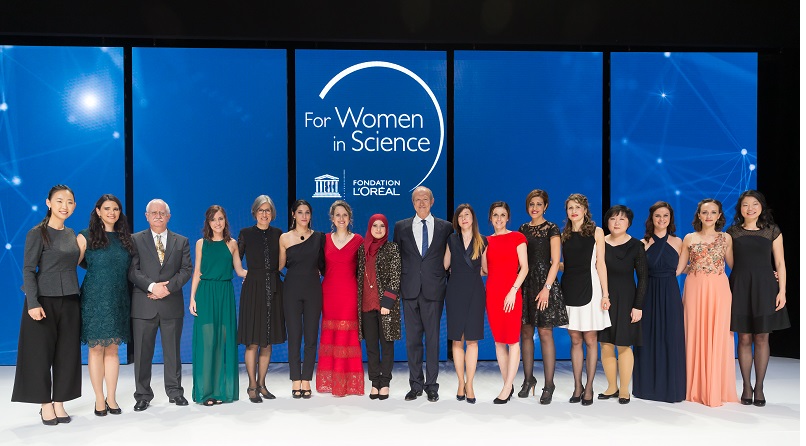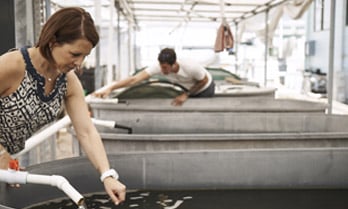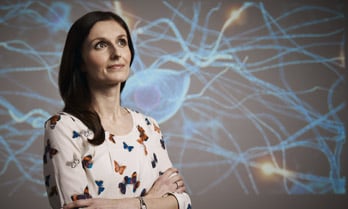2017 L’Oréal-UNESCO For Women in Science Asia-Pacific Rising Talent, Associate Professor Muireann Irish
08 May 2017
Associate Professor Muireann Irish from the University of Sydney was awarded the 2017 International Rising Talents for Asia-pacific for her research of the brain.

Each year, the International Rising Talents program selects the 15 most promising women scientists among the 250 national and regional fellows of the L'Oréal-UNESCO For Women in Science program. These young women have the power to change the world and recognising them will help ensure that they rearch their full potential.
Associate Professor Muireann Irish from the University of Sydney was awarded the 2017 International Rising Talents for Asia-pacific for her research of the brain.
Recognising Alzheimer’s before the first sign of the disease appear
“It was after seeing my grandmother suffering from devastating effects of Alzheimer’s when I was 17 years old that I decided to pursue a research career in the field of neurodegenerative diseases.” Says Muireann Irish, a newly appointed Associate Professor at the University of Sydney.
Since then, and with a heartfelt desire to improve the quality of life of patients, Dr Irish has been focusing on the insidious changes that occur in brain structure and function across a range of neurodegenerative disorders. Such symptoms include memory loss, profound cognitive, behavioural and social dysfunction, and can precede a formal diagnosis of dementia by around 15 years. Her research involves having patients undergo clinical tests and answer specific questionnaires while she examines their white and grey matter using different MRI imaging techniques. She then relates these early changes in thinking and memory to alterations in complex functional neuronal networks in the brain. The brilliant Irish research, who has already received many prestigious awards, has published a number of highly-cited papers and is now collaborating with American and British teams. “I study the brains pathological and non-pathological aging, and am beginning to explore changes in individuals who have a genetic predisposition for dementia, but who have no outward symptoms.” She explains. “I thus hope to be able to develop a new generation of clinical tests sensitive to the earliest pathological changes in preclinical dementia.”



